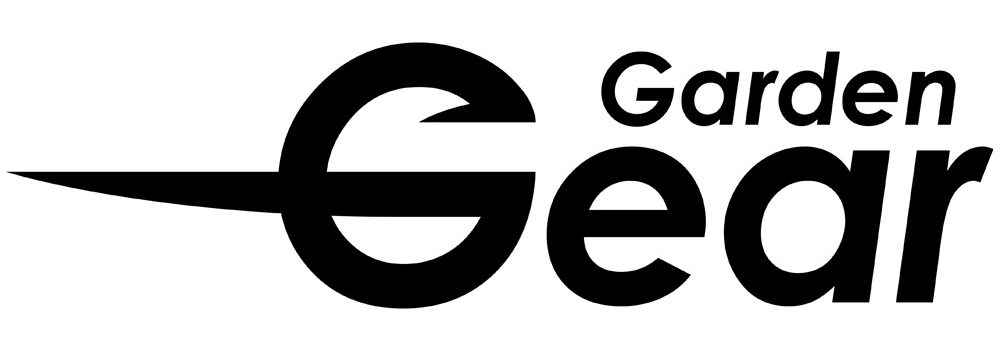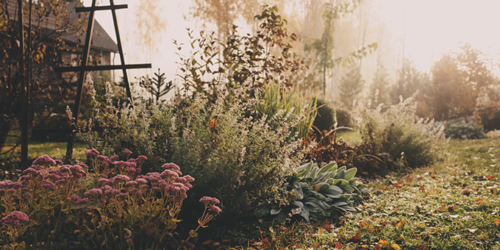Summer Gardening Jobs

With summer settling in, there are several gardening maintenance jobs stacking up that will need your green-fingered attention. By attending to them as soon as you can, you can ensure that your garden is able to thrive during these warm summer months.
Border maintenance

As a keen gardener, we’re sure you’ll want to keep your flowers blossoming to the best of their ability – which means border maintenance is key. Cut back any early flowering plants once they’ve finished flowering; this will encourage even better growth next year, and can even mean a second display of flowers towards the end of September. Pick out any weeds as they appear, and keep an eye out for any diseased petals or leaves which you can pick off.
General garden maintenance and seasonal pruning

Keep an eye out for trees and shrubs shedding smaller branches or early harvests of fruit; clear these away, putting them either in your compost bin or set them to one side to be burned. Prune any late-flowering plants from your borders so as to encourage even more growth next spring. You can prune any hedges to shape – this will ensure that they’re looking their best by the time winter rolls around, too. Pruning reduces the amount of water your plants require, which will be helpful for them during warm weather.
Roses
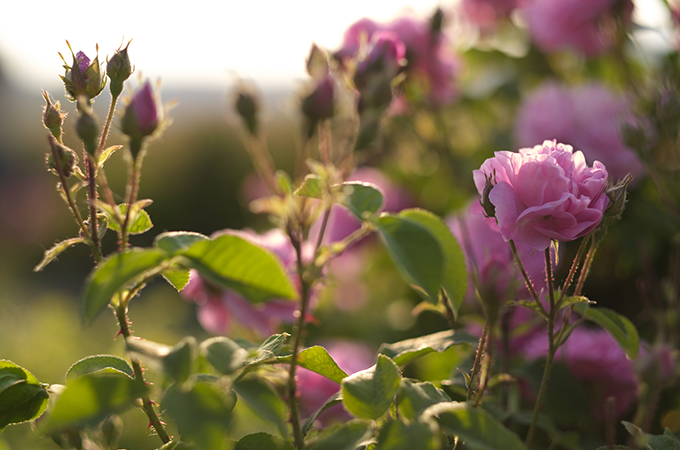
Roses tend to be quite hardy. In order to encourage more growth and even more beautiful flowers to bloom, you’ll need to regularly dead-head and prune them. Make sure that you prune just below the head of the flower – the further down the stem you cut, the longer it will take for more flowers to grow in their place. This will also keep your rosebush more compact, so to encourage more vibrancy try and prune just above the leaves.
Disease prevention
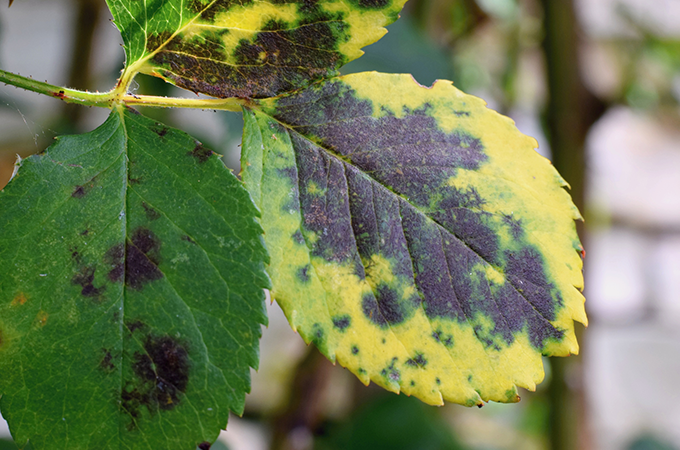
While you potter around the garden, keep an eye out for any sickly or diseased plants or foliage, and remove the offending greenery before it can fester into a larger problem. Don’t add the diseased matter to your compost bin, as this will render your lovely compost unusable in your garden. Instead, dispose of it in your general waste bin, or burn it along with any other unwanted organic matter.
Lawn maintenance

Caring for your lawn is a job to deal with throughout the year, but it will need more care and attention during the summer months. Grass starts to grow more during springtime, but by the time the summer rolls around it will be growing in earnest. Gradually lower your mower blades over the spring and summer months until you’re cutting at about 2-3cm in height. Remember to heighten the blades going into the autumn months when the rate at which the grass grows starts to slow down again.
When the summer heatwaves make an appearance, the grass will start to slow its growing down. Avoid cutting it during periods of drought if possible, and leave it as long as possible. The longer grass will be able to better withstand the drought and will provide natural shade for your lawn. Continue to water your lawn if you can, but not to worry if you’re in an area with a hosepipe ban – your grass will bounce back with its usual vibrance when the rain returns. Instead, focus on watering your potted plants and flowerbeds with your watering can if you have a limited water supply available.
Treat your shed and fencing
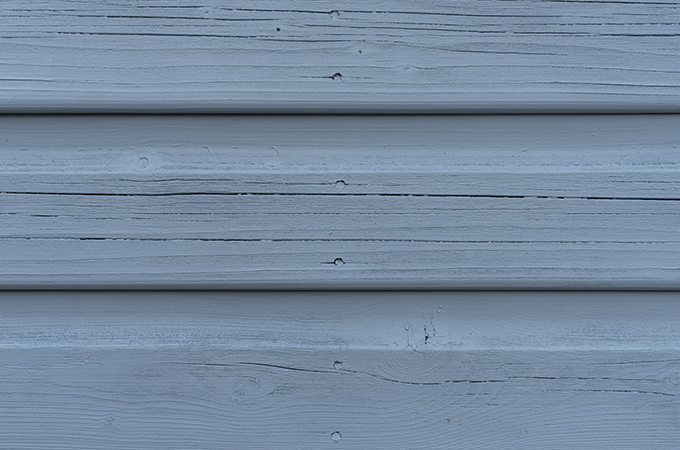
Summer is the ideal time to treat your wooden shed and fencing with a wood preservative treatment. Sometimes it needs several coats to ensure the wood is fully protected from the elements, and waiting until the summer to do this means that your shed can fully dry out before you apply the second coat. It’s a good idea to treat your fencing and shed annually so as to give it as much protection as you can – a well cared for shed will last you much longer than one that’s not treated at all.
Water your potted plants

Water will be essential for surviving for any length of time, but even more so for your potted plants. Plants in containers tend to dry out a lot more quickly than those in your borders; you should aim to water these more regularly. It will be worth adding saucers under the pots too, so that any water that drains out can be captured in the dishes for plants to drink throughout the day.
Install a water butt in your garden to make use of any fallen rainwater – this will be especially helpful during periods of drought or during a hosepipe ban. Alternatively, take a look at an automatic watering system to ensure that potted plants get a regular supply of water throughout the day.
Are there any other essential summer gardening jobs you think we’ve missed off our list? Let us know over on our Facebook page!
Lead image: scholes1 via Getty Images.
